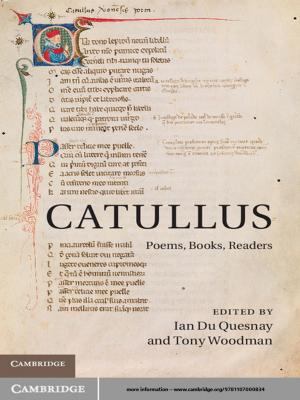| Author: | David Birmingham | ISBN: | 9781139903936 |
| Publisher: | Cambridge University Press | Publication: | November 13, 2003 |
| Imprint: | Cambridge University Press | Language: | English |
| Author: | David Birmingham |
| ISBN: | 9781139903936 |
| Publisher: | Cambridge University Press |
| Publication: | November 13, 2003 |
| Imprint: | Cambridge University Press |
| Language: | English |
This concise, illustrated history of Portugal offers an introduction to the people and culture of the country, its empire, and to its search for economic modernisation, political stability and international partnership. The book studies the effects of the vast wealth mined from Portuguese Brazil, the growth of the wine trade, and the evolution of international ties. The Portuguese Revolution of 1820 to 1851 created a liberal monarchy, but in 1910 the king was overthrown and, by 1926, had been replaced by a dictatorship. In 1975 Portugal withdrew from its African colonies and turned north to become a democratic member of the European Community in 1986. Researched during the years which followed the fall of Portugal's dictators in 1974, this book has become the standard single-volume work. The second edition brings the story up to date and discusses the state of historical writing on Portugal at the turn of the millennium.
This concise, illustrated history of Portugal offers an introduction to the people and culture of the country, its empire, and to its search for economic modernisation, political stability and international partnership. The book studies the effects of the vast wealth mined from Portuguese Brazil, the growth of the wine trade, and the evolution of international ties. The Portuguese Revolution of 1820 to 1851 created a liberal monarchy, but in 1910 the king was overthrown and, by 1926, had been replaced by a dictatorship. In 1975 Portugal withdrew from its African colonies and turned north to become a democratic member of the European Community in 1986. Researched during the years which followed the fall of Portugal's dictators in 1974, this book has become the standard single-volume work. The second edition brings the story up to date and discusses the state of historical writing on Portugal at the turn of the millennium.















